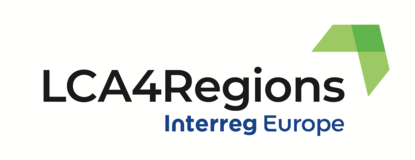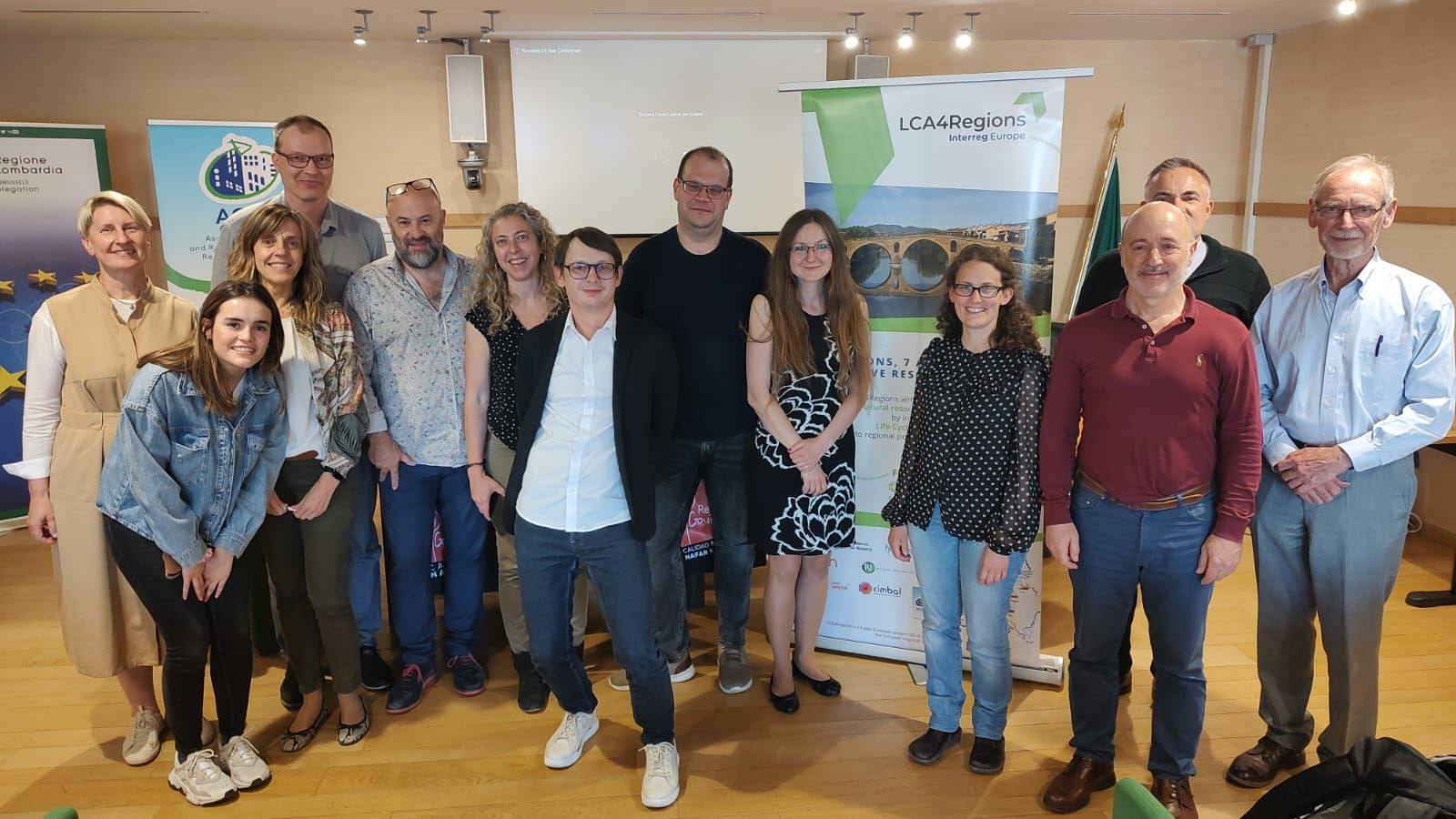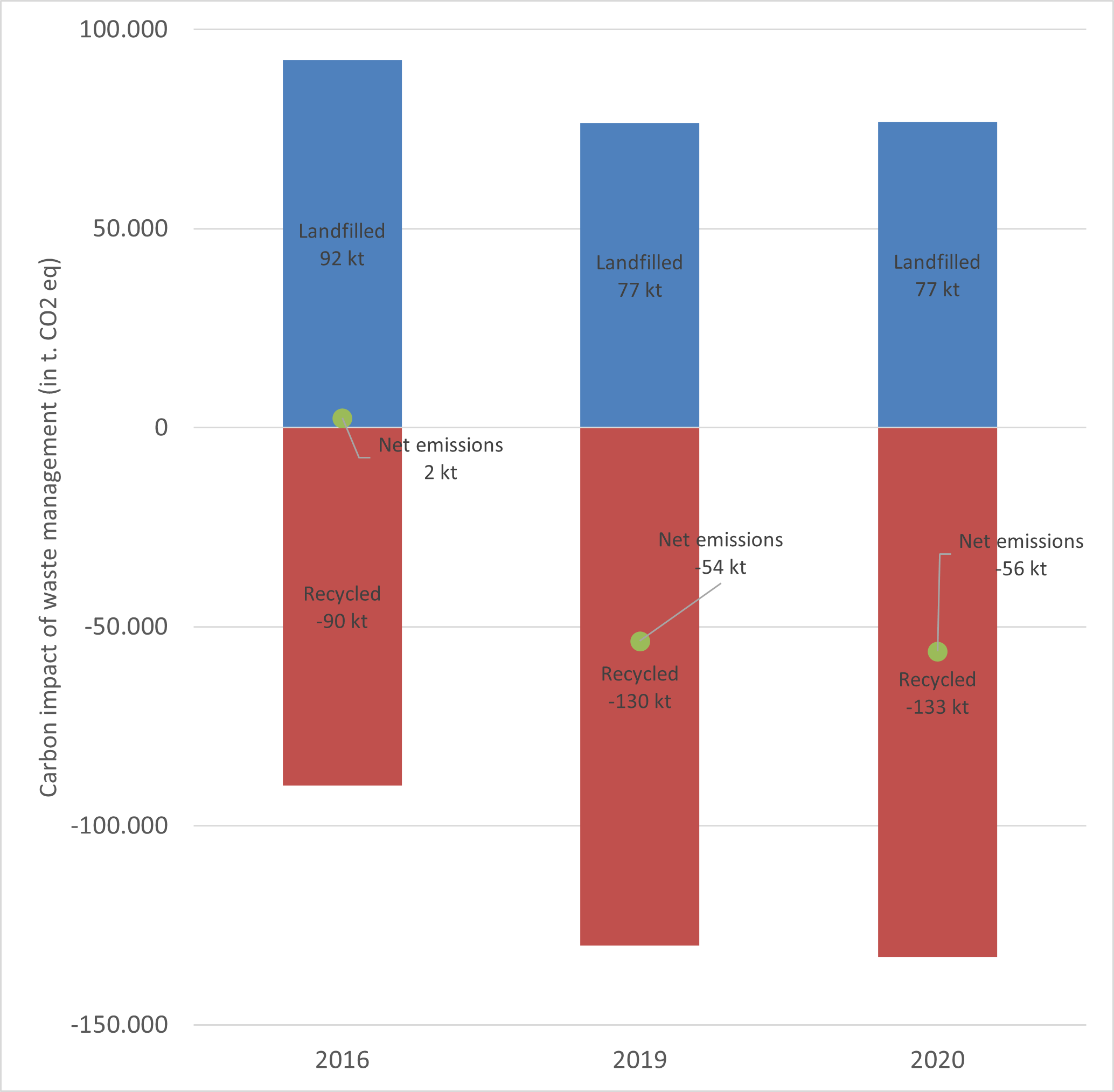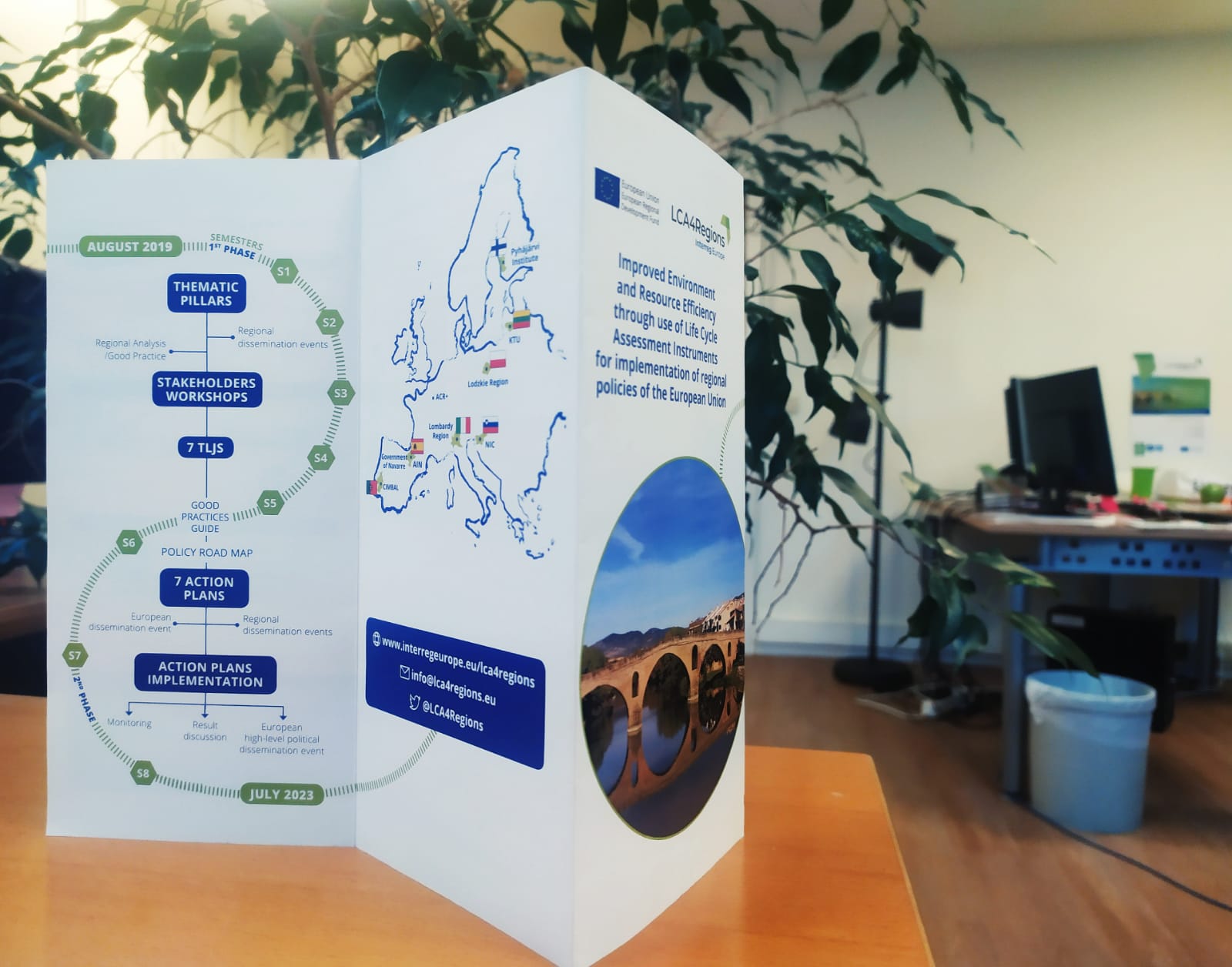To prepare for the upcoming TLJ, a series of articles presents the policy context of the Lodzkie Region. The first article was dedicated to the national level, the second to the regional level, and the third to training and capacity building. The fourth one deals with public procurement.
Public procurement
Public procurement in Poland is regulated by the Public Procurement Law of 11 September 2019, which came into force on 1.01.2021. The phrase "life cycle" appears in it as many as 23 times. It introduced the possibility of using life cycle cost (LCC) criteria to evaluate offers. Life-cycle costing may to an appropriate extent include some or all of the costs incurred over the life cycle of a product, service or works. Such costs include, in particular, expenditure borne by the contracting authority or by other users in connection with acquisition, use, maintenance and decommissioning (demolition and recycling costs), as well as expenditure which is attributable to measurable environmental externalities (e.g. the cost of greenhouse gas emissions).
For several product categories, the Polish Public Procurement Office (PPO) has developed LCC calculators to calculate the life cycle cost of computers, monitors, indoor and outdoor lighting, and imaging equipment.
Moreover, the PPL Act:
- includes a provision stating that the purchasing policy of the State should take into account the purchase of innovative or sustainable products and services, taking into consideration life-cycle costing;
- makes it possible to define, in the description of the subject-matter of the contract, the characteristics of supplies, services or works with respect to their impact on the environment and climate. These characteristics may relate to a specific process, production method or other stage in their life cycle;
- provides that in the case of life-cycle costing, the contract documents shall specify the data to be provided by the contractors and the method to be used by the contracting authority to estimate life-cycle costs;
- sets out the conditions with which the method for estimating the costs attributed to environmental externalities must comply;
- refers to EU law stating that once a common life-cycle costing method becomes mandatory throughout the EU, life-cycle costing will be carried out using it;
- in the aspect of application of LCC particularly distinguishes the building sector - by means of a regulation the method of life cycle costing of buildings will be specified/updated;
- allows the solution that in the case of bids with the same cost, either the lower acquisition cost or the bid with the lower life cycle cost is decisive.










